Words about him
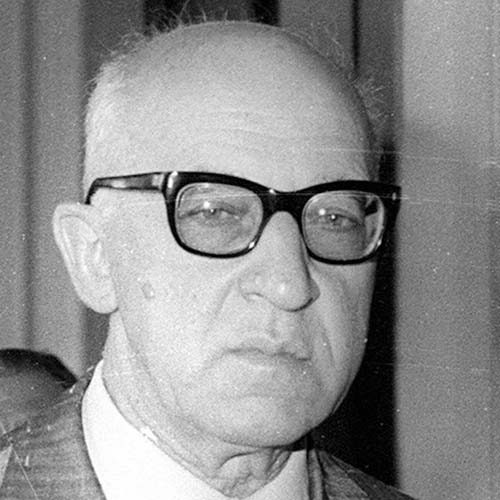
Paolo Baffi
Under the Fascist government, the two Ministries of the Treasury and Finance had been merged into one Ministry of Finance only. After the Liberation, the Ministry was split again. In general, the Ministry of Finance, whose main task is taxation, was assigned to men who were politically more to the left than their colleagues in the Treasury. In Italy where Budget is in constant deficit, the main task of Treasury people is make private savings flow to the State to cover the deficit, and resist the demands for expenditure coming from the economic ministries in charge with economy or specific sectors of activity: industry and trade, agriculture, public works, transport, communications, merchant navy, labour.
More to read…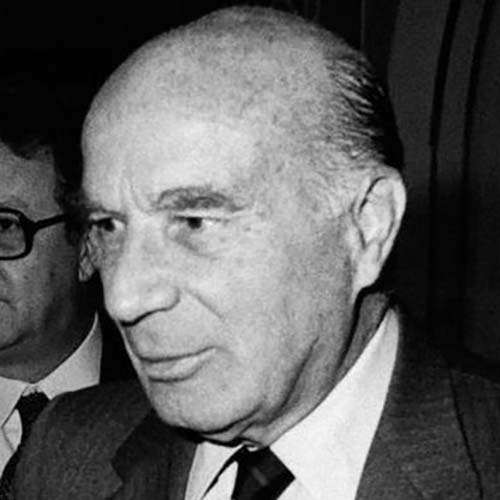
Guido Carli
When I was granted the great honour to recall Luigi Einaudi on the twenty-fifth anniversary of his death, I hesitated before responding because I was aware of the limits of my strength. Then, I decided to take this challenge because I considered that those who had had the privilege of being at his side in the immediate years of post-war reconstruction and in the distant years when discreet conversations explored how reconstruction could have been made, those cannot shirk their obligation to provide the younger generations with testimonial contributions that can serve as a guide in discerning what lessons can be deduced from the exemplary coherence of Einaudi's entire life in the service of schools, journalism, Parliament, in the command posts of the Bank of Italy and the Government, and at the top of the State.
More to read…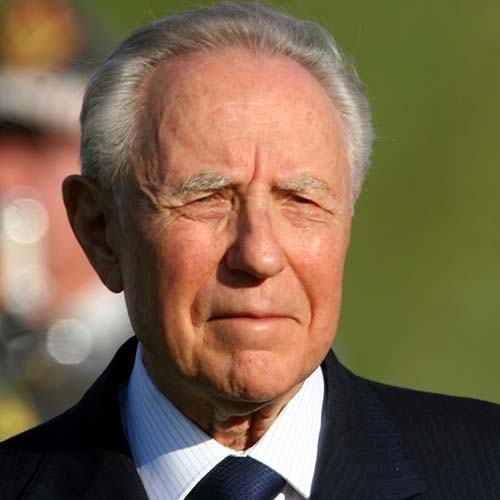
Carlo Azeglio Ciampi
I never met Luigi Einaudi personally, although he was “my Governor” from 1946 the year I joined the Bank of Italy, until May 1948 the year he was elected President of the Republic. For those like me who spent almost half a century in the Bank of Italy, Einaudi was pour cause a constant reference, a cornerstone. The culture of the Bank of Italy is deeply imbued with an Einaudian thinking inspired by his values. Einaudi is the model of a servant of the institutions seen as a reference by his successors to guide their actions, even situations could be radically different. But Einaudi was a model for all of the Bank's staff: I still recall the admiration of old employees who had known him as a sober and discreet man, rigorous to the point of severity; a severity that found its temper in a profound humanity which became almost paternal solicitude in the face of the difficulties of his staff, especially for those in more modest positions and conditions.
More to read…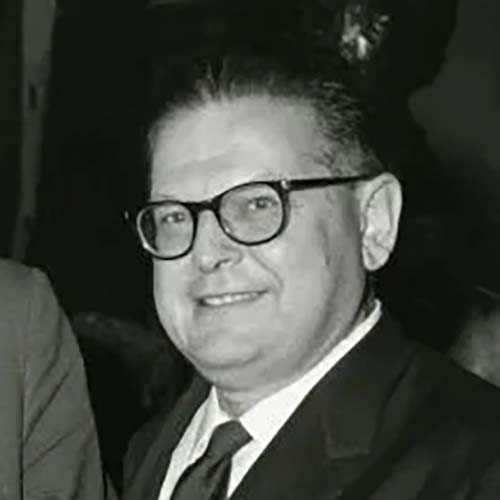
Bruno Leoni
Luigi Einaudi has seen himself an ‘economist’, above all and always. For all his life, If reconsidering this vocation ha always been the first and greatest. He considered it was his moral duty to remain devoted and consistent to it, even when he was assigned apparently grander tasks or the resolution of other types of issues. But anyone who would be content to define Einaudi as an 'economist' only would - I believe - miss what was perhaps the truest nature of his work and his teaching as a scholar. There are economists who never deal, other than by implication and necessary implication, with the government of a society and its problems.
More to read…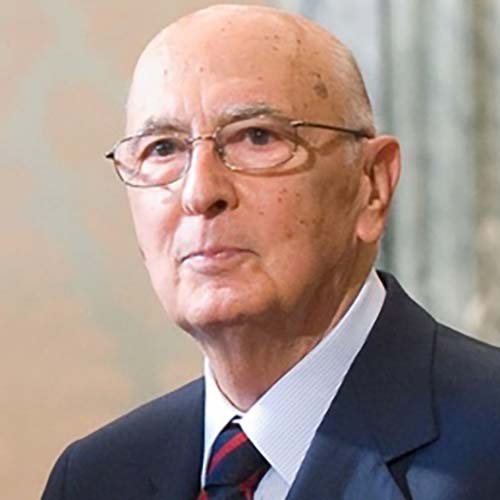
Giorgio Napolitano
We are facing on a daily basis with the crisis of the European project which represented the greatest political invention of the second half of the 20th century. At the time, so much dynamism and potential were released that Europe came to be reference point, if not as a model, well beyond its borders. And what eventually emerged is actually the crisis of the political leadership supposed to give a coherent development to the European integration process with the new century. We are facing a historical failure, which reminds us by contrast “a distinctly superior class of statesmen” of the past who inspired and guided Western democracies. In this regard, I would like to mention Tony Judt (who included Luigi Einaudi in this group) you raised the ever-open issues: was that circumstances or culture of the time that made these personalities enter and succeed in the the political arena?
More to read…